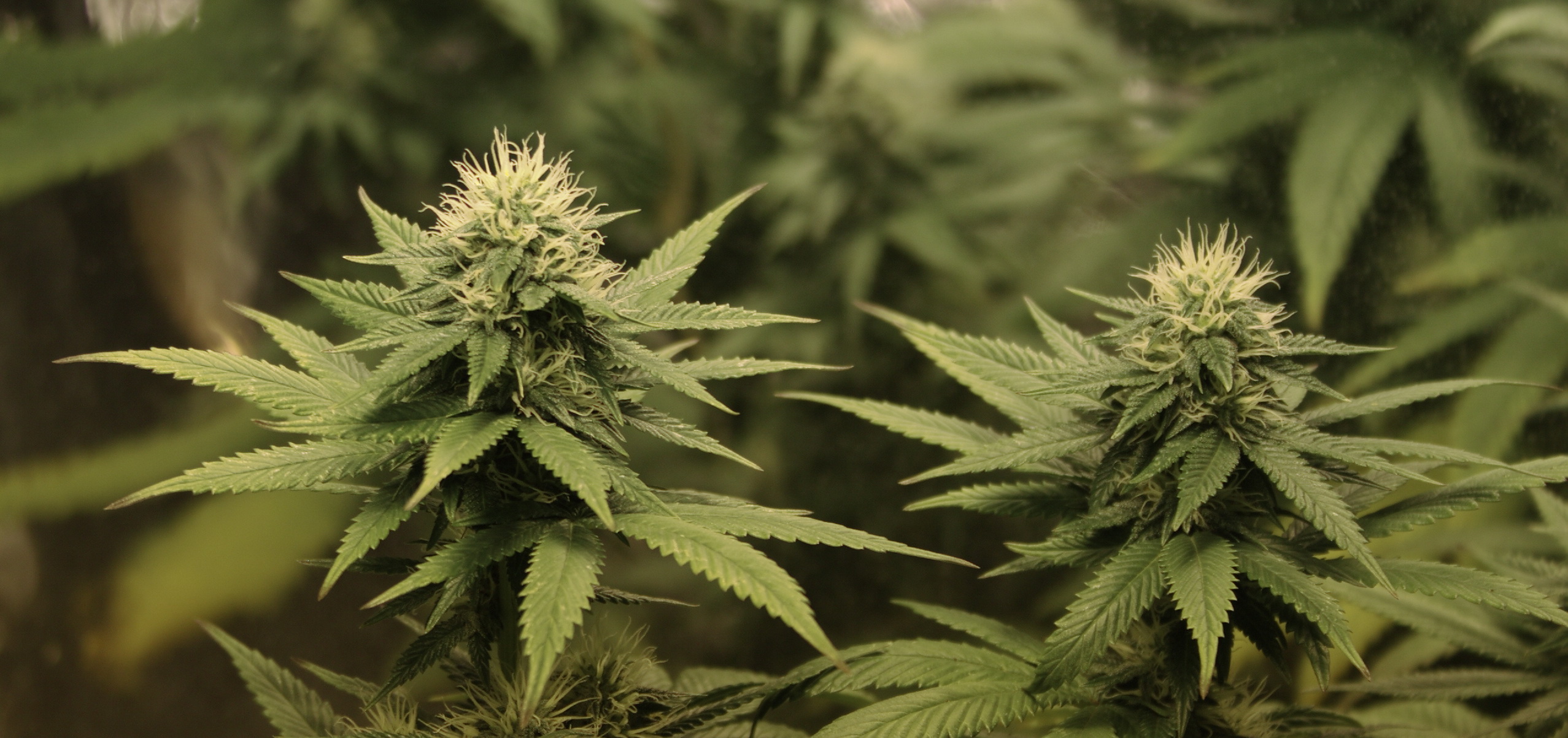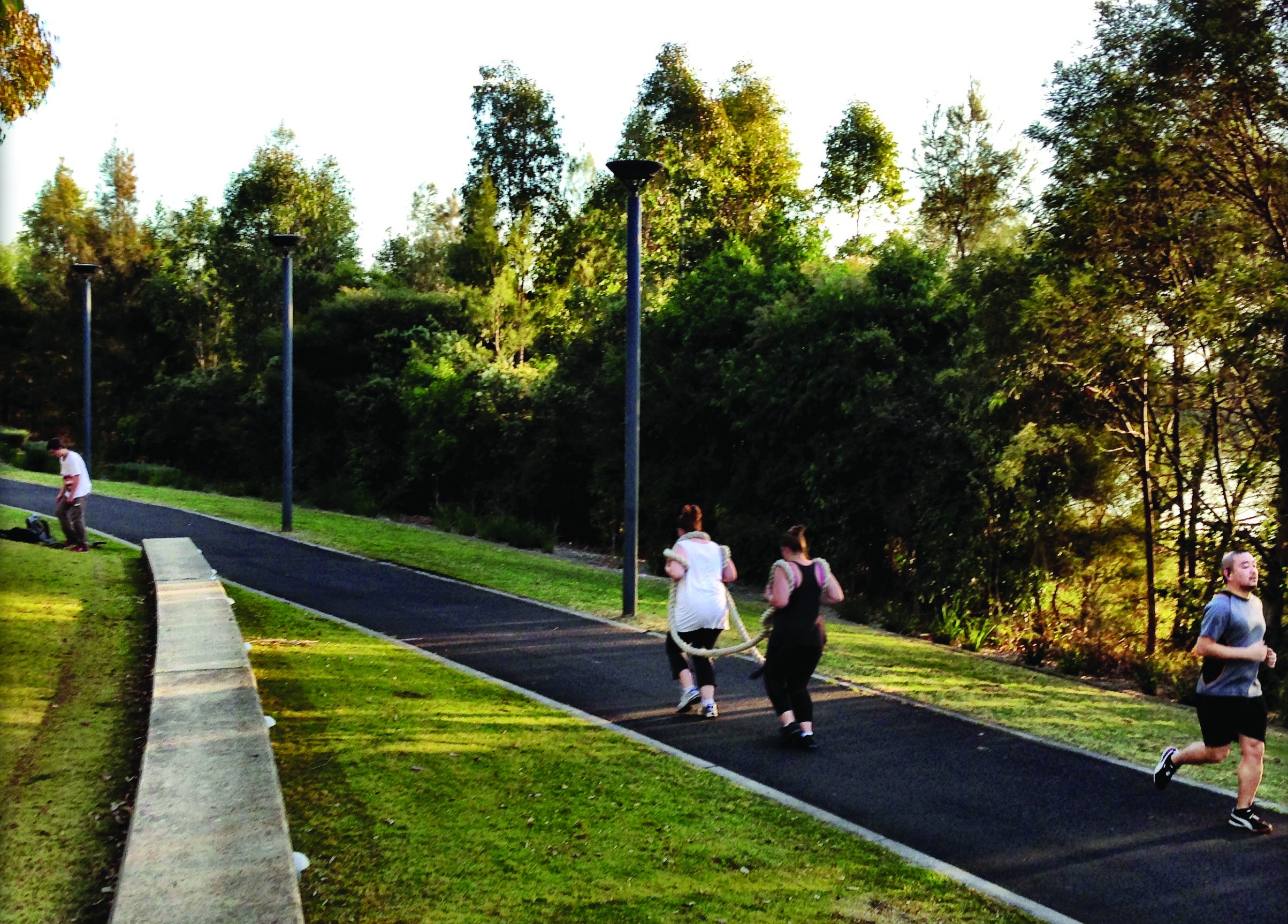Bringing you the latest in medical research and health news monthlyHannah Brissenden
Resistant bacteria on the rise
A study conducted by a team of researchers at the University of Adelaide found antibiotic resistant bacteria is on the rise. Samples of bacteria, such as E. coli, were used in the research, with results finding 7.6% of samples were resistant to antibiotics, compared to 4.6% in 2008. Lead author of the study, Professor John Turnidge, Affiliate Professor of Molecular and Biomedical Science at the University of Adelaide, said resistance to the bacteria E. coli was particularly alarming: “E. coli is the species of most concern to us because it’s showing a noticeable resistance to one of the most commonly used antibiotics – its resistance to amoxcycillin is now at 44%”.
Ovarian cancer survival rates
A study published in the Medical Journal of Australia on the survival rates of women with invasive epithelial ovarian cancer found that only 35% of women survived 5 years from diagnosis. The seventh most common cause of cancer mortality in Australian women, ovarian cancer accounted for 1080 deaths in 2013. Older women with more advanced cancer or women with certain cancer subtypes were found to have a poorer prognosis. Women with early stage cancer had the best prognosis, although only 20 percent of cases are diagnosed at an early stage. The population based study also suggests that further research needs to be done to determine whether location and socio-economic status are contributing factors to survival outcomes.
First ever world suicide prevention report released
The first ever report on suicide prevention, conducted and released by The World Health Organisation (WHO), shows that one person commits suicide every 40 seconds. Amounting to an astonishing 803900 deaths every year from suicide globally, the recently released, revolutionary report noted that the highest suicide rate appears in men aged between 15 and 29, and is the second leading cause of death among 15-to-29 year olds across the world. Titled “Preventing Suicide: A Global Imperative”, the report is a collective call to action on establishing better preventative measures to combat suicide worldwide. The report lists a number of measures governments can take to reduce the risk of suicide, including responsible media reporting of suicide, policies to reduce harmful alcohol use and follow-up care for those who have already attempted suicide.
Moving closer to malaria vaccine
Findings published in international journal BMC medicine reveal that researchers at the Burnett institute have uncovered a “group of proteins that could form the basis of innovative diagnostics and effective vaccines against malaria.” Together with ARTES Biotechnology, the Burnet Institute have joined forces to develop a vaccine that can block the transmission of malaria infection from mosquitoes to people. A great opportunity for working towards the prevention of malaria, an illness killing 600,000 annually, the vaccine will be aimed at protecting whole populations in an attempt to totally eradicate the disease.
Australian Government supports legalisation of medical marijuana
Prime Minister and leader of the Australia Liberal Party Tony Abbott has recently spoken out in favour of the legalisation of medical marijuana. In a letter to 2GB talk-back host Alan Jones, Mr Abbott said: “If a drug is needed for valid medicinal purpose and is being administered safely there should be no question of legality… I have no problem with the medical use of cannabis, just as I have no problem with the medical use of opiates.” NSW Premier Mike Baird has also similarly approved a trial of the use of medical cannabis.












